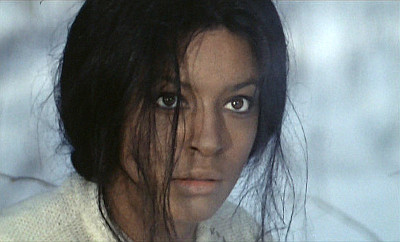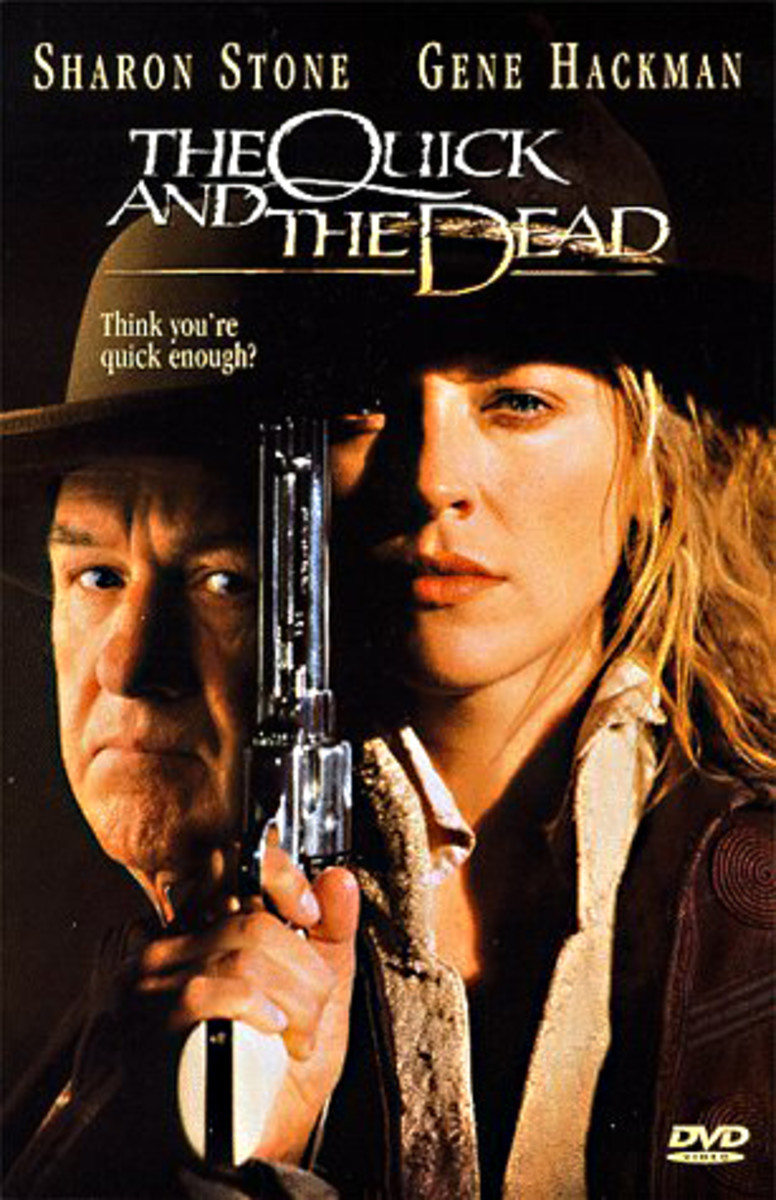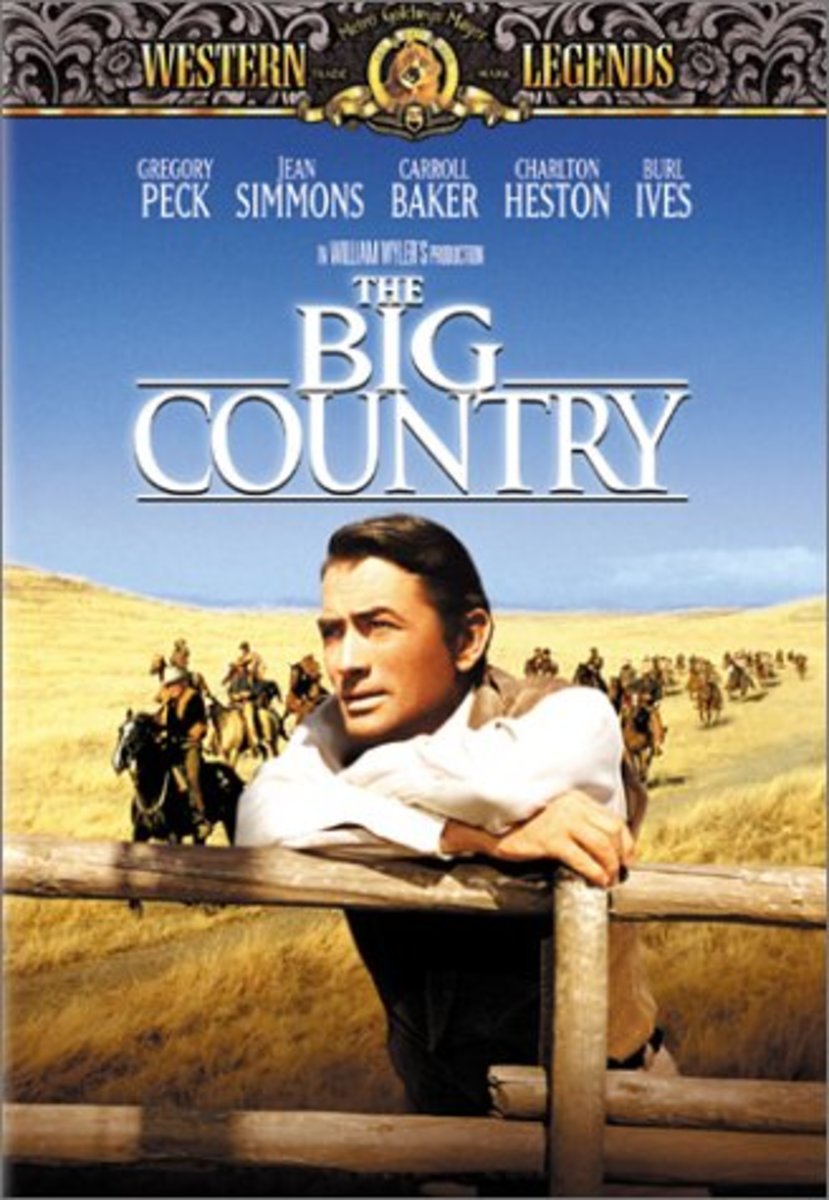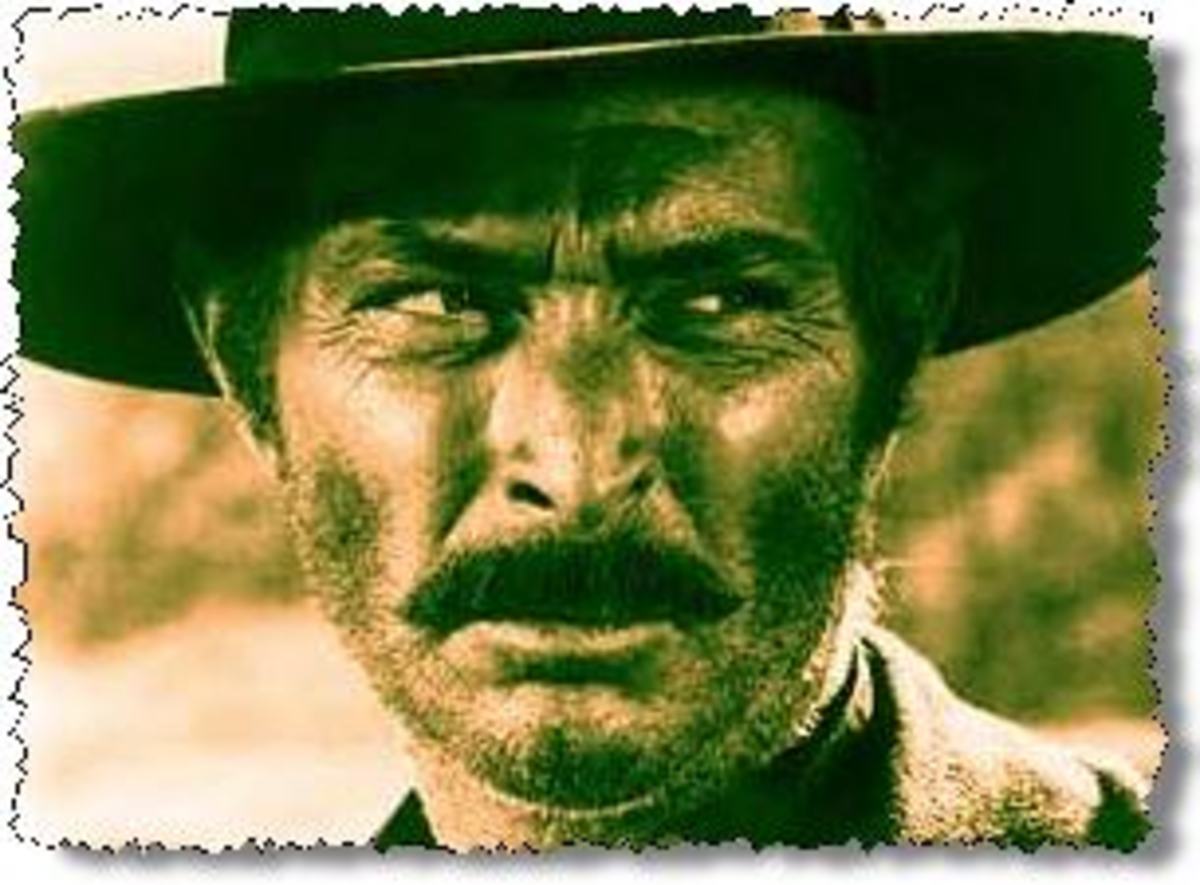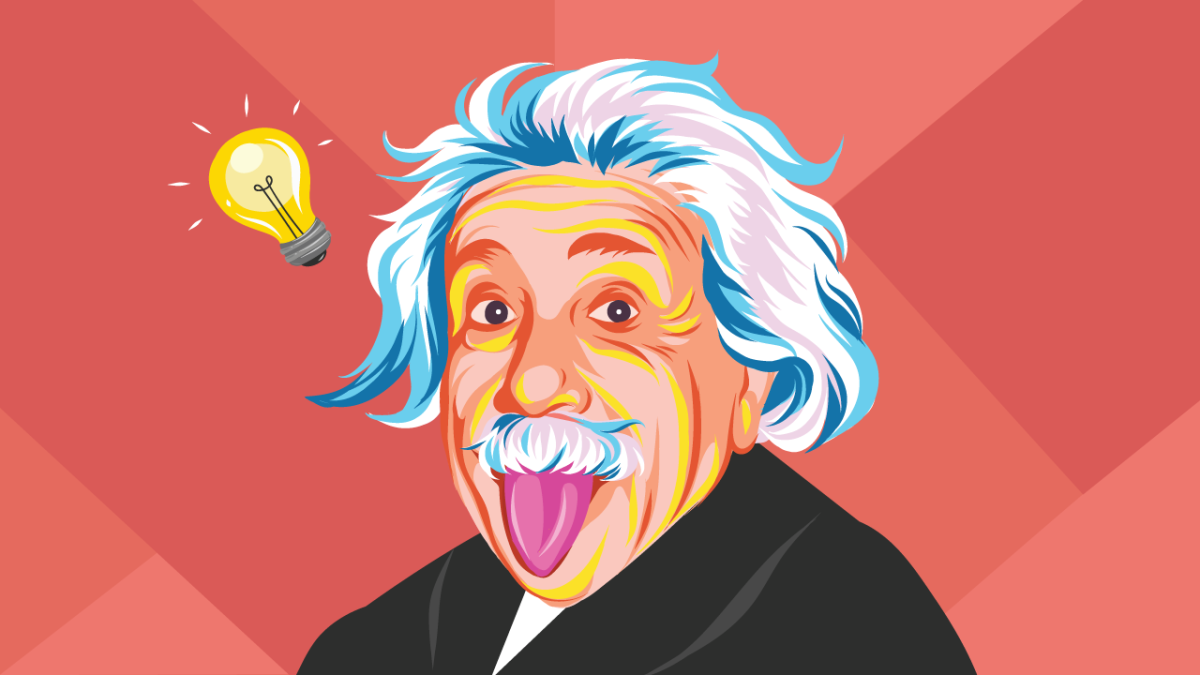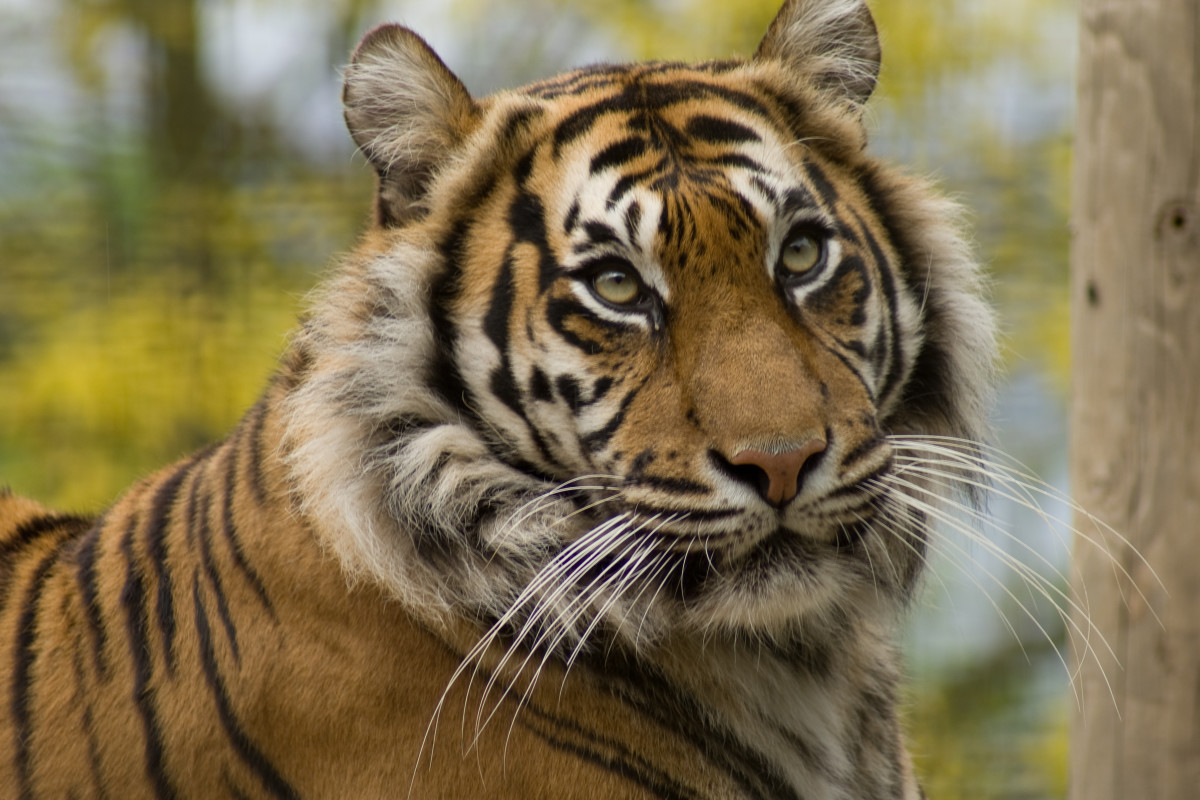The Great Silence Review
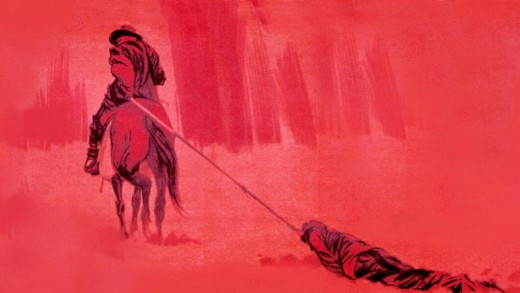
If Sergio Leone is considered the Gretzky of spaghetti western directors, fellow Italian filmmaker Sergio Corbucci was the Messier. Though not nearly as well known as Leone, maker of the famous Dollar Trilogy and Once Upon a Time in the West, Corbucci was just as talented and more prolific, making over twenty films during his career, his most notable being Django, the film that would later serve as the inspiration for Quentin Tarantino's Django Unchained. While Django is Corbucci's most well known spaghetti western, it's not his best. That honor goes to The Great Silence, Corbucci's long forgotten 1968 western. Gorgeous to look at, armed with an incredible Ennio Morricone score and an unrivaled intensity, The Great Silence may very well be the most bleak film in the history of cinema. It also might be the greatest film you've never heard of, a masterpiece on the level of Once Upon a Time in the West and The Good, the Bad and the Ugly.
In 1898, the town of Small Hill, Utah is caught up in both a massive blizzard. With many in the town forced to steal in order to survive, a group of bounty killers, led by corrupt banker/justice of peace Henry Pollicut (Luigi Pistilli) and the psychotic Loco (Klaus Kinski), use the situation to make a profit by killing the supposed thieves. Those labeled outlaws flee into the wilderness to await amnesty; amongst them is "Silence" (Jean-Louis Trintignant), a mute gunslinger who only kills in self defense and who shares a long, violent history with Pollicut. Silence becomes enemy number one of Pollicut and Loco when Pauline (Vonetta McGee), the wife of a slain outlaw killed by Loco and the object of Pollicut's obsession, hires Silence to kill Loco. Meanwhile, newly appointed Sheriff Gideon Burnett (Frank Wolff), hired to keep Small Hill in order till amnesty is granted to the outlaws, finds himself drawn into the conflict.
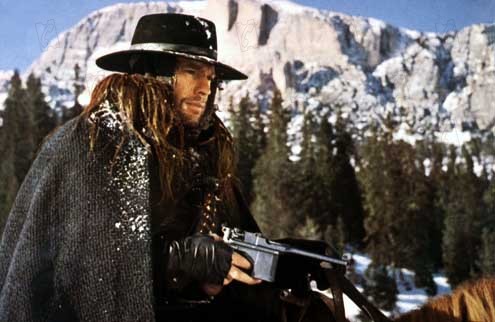
Every great film has one distinctive thing that separates it from other great films. For The Great Silence, it's the look and setting. While Corbucci wasn't the first director to film a western in the snow (John Ford's The Searchers and Cheyenne Autumn both featured winter scenes), The Great Silence was one of the first westerns to be set in blizzard like conditions. The choice was brilliant. Not only does the film look great thanks to the work cinematographer Silvano Ippoliti, but the setting is very much a character in its own right. It doesn't take a film scholar to see that the snowy conditions of Small Hill are the cause of all the events in the film. Certainly Pollicut, Loco and their minions are still bad people whether the world is covered in snow or bathed in sunlight; it's no stretch to think they would've found other ways to be evil. That said, without the snow, the townsfolk of Small Hill wouldn't have resorted to stealing, which wouldn't have led to the bounty killers acting (at least not the way they did), which wouldn't have led everyone down the dark path they ultimately take. Without the setting, I'm writing about Django as Corbucci's best film, not this one.
The rest of The Great Silence's technical work is mostly positive. Morricone, a long time collaborator for Corbucci, is brilliant as ever with his score here, and you could make the argument that it's his best work aside from his legendary score for The Good, the Bad and the Ugly. Much like his recent score for Tarantino's The Hateful Eight, Morricone doesn't try to upstage what's onscreen; you won't hear many twangy guitars or famous melodies. In short, The Great Silence score isn't something you'll see played in TV commercials. In the end however, that's precisely why the music works. Morricone understands that the music needs to work with the film, not work for it, and that's exactly what it does here. Less effective (and the weakest aspect of the film) is the dub work. As was custom with most spaghetti westerns back in the 60s, The Great Silence was shot featuring numerous non English speaking actors, leading to many of the performers being dubbed by voice actors in post production (only McGee and Wolff, American and Canadian performers respectively, weren't dubbed). The results are choppy; some lines (translated from Italian to English) coming across as long winded and some of the actor/voice actor synchronization being laughably mistimed. It ultimately doesn't affect the film's greatness too much and could be seen as a nitpick, but the poor dub work here could definitely have an negative impact on a first time viewer of the genre.
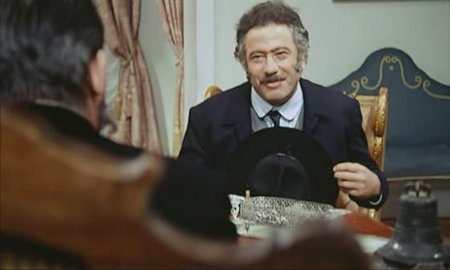
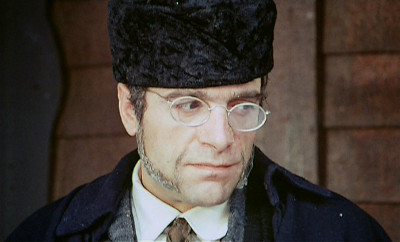
As great as The Great Silence is in the technical department though, the story is just as proficient. Corbucci, a leftist renegade, wanted the film to be an allegory of the 1960's political climate, while also looking to evoke the memory of revolutionary figures like Che Guevara and Malcolm X. He succeeds; The Great Silence clearly depicts the outlaws as wronged souls simply fighting for change and freedom similar to the Cuban Revolutionaries and the Civil Rights movement of the 60s, while portraying the bounty killers as corrupt bureaucrats doing the work of capitalistic society. Those themes aren't exclusive to socialist directors like Corbucci; Michael Cimino's underrated classic Heaven's Gate worked with the same tropes. What differentiates the two (aside from Heaven's Gate's political philosophies) is that The Great Silence isn't just about making a statement. Certainly Corbucci does so, but he doesn't get overtly preachy and he never lets his message suffocate the story. The film is about Silence and Pauline's quest for vengeance, Loco and Pollicut's thirst for blood and Burnett's quest for justice; the political subtext is just that, subtext.
The cast is universally excellent. Jean-Louis Trintignant, the only member of the cast still living today (he recently appeared in the 2012 Best Picture nominee Amour), is appropriately somber and brooding as the mute Silence. The choice to make Silence a mute character was inspired (and necessary); by doing so, Corbucci makes the character much more vulnerable than Clint Eastwood's iconic "Man With No Name" could ever hope to be. Meanwhile, Luigi Pistilli is appropriately creepy and sinister as Pollicut, while Frank Wolff (most famous for playing Brett McBain in Once Upon a Time in the West) makes Burnett the lone pure character in the film. The best performances however belong to McGee and Kinski. An amateur actress in her first role, McGee's Pauline is a breath of fresh air; an African American female who is tough, intelligent and in complete control of her sexuality. Her work here, along with Claudia Cardinale's performance in Once Upon a Time in the West, are two of the most progressive performances for female characters in westerns. Kinski, by far the biggest and most notorious star to come from this film, is exactly what you'd expect as Loco. He's unhinged, he's psychotic, he's always one step ahead and you can never take your eyes off him. Say what you will about Kinski the man (to say he was a borderline evil person would be an understatement), but as a performer, he was one of the greatest ever. The Great Silence only reinforces that.
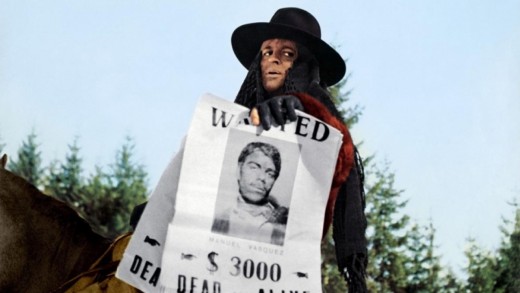
The discussion on which film is the greatest of the spaghetti western genre usually revolves around either The Good, the Bad and the Ugly and Once Upon a Time in the West. Allow me to add The Great Silence to that discussion. There are some flaws or nitpicks for this film that Leone's two masterpieces may not readily have, but The Great Silence makes up for it by producing a much more interesting world, more sympathetic characters and a bleak outlook that is unlike anything you've ever seen. There are no easy answers in film and there is no guarantee that your favorite characters will make it out of the film alive. All of that and more helps make Corbucci's masterpiece stand toe to toe with the giants of the spaghetti western genre. They say that you're changed when a great film ends. By the time you've finished The Great Silence, you'll understand what that means.
